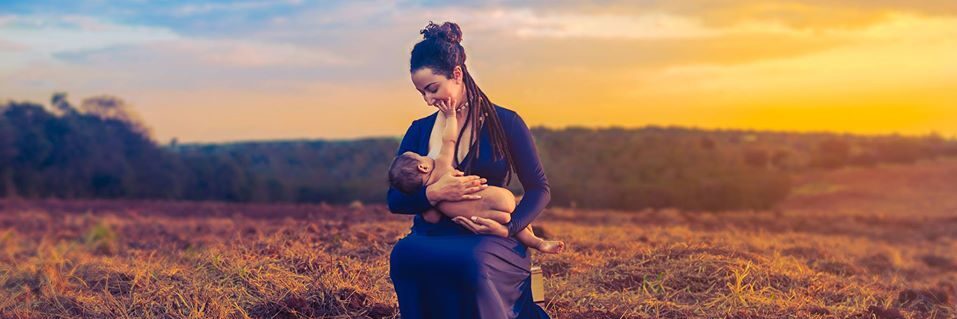Women, Children and Sheep
Could the Lord be my Shepherdess? The more I find out about sheep, the more shepherds and shepherdesses remind me of God as Mother.
Margaret Feinberg writes about her time with a shepherdess in Oregon in Scouting the Divine: My Search for God in Wine, Wool, and Wild Honey. I don’t think I’ve ever said the word, shepherdess, out loud. I’ve always assumed shepherds were male.
Turns out, she says, that even the shepherds who visited the baby Jesus were likely women, children or elderly men and women. In ancient times, says Feinberg, it was the physically weakest members of the family who cared for the flock. They could be spared from the harder household labors. So, we see David as a child tending the sheep (Ps. 78:71), and Rachel is watering the sheep when she meets Jacob (Gen. 29:9,10).
Sheep need a mama to look after them. They are absolutely dependent, like small children. Without a shepherd or shepherdess they will die. They need someone to watch over them vigilantly to keep them safe from predators, and to make sure no one is sick. The shepherdess must cultivate a trusting relationship with the sheep so that they come when they hear their name, because the shepherdess keeps them safe.
The Good Mama-Shepherd
Mothers understand this kind of vigilance and the need for a child to trust her, to listen to her voice, to keep them safe. When Marshall was 2, he was running toward a large area of weeds in a park that looked safe to him, but that I could see led to a drop-off. I shouted from across the park, “Stop!” and he did. He knew my voice, trusted me, and was kept safe.
Jesus as the Good Shepherd is like the good mother keeping her children from want and need, giving them rest and protection, even to the point of laying down her life (John 10:11). It is interesting Jesus gave Himself a role allotted to those considered weak. He has never been afraid to identify with women or children.
God Created Mothers to Care
When Jesus referred to himself as The Good Shepherd, he warned that there are bad ones, those in religious authority, who do not care for the sheep. We also know there are bad mothers who put their interests above their kids, or who abuse them physically and emotionally. But God created mothers to care and She did a good job. Despite all the talk about keeping it real about motherhood, there is a sense in which many of us cannot not care; and would give anything for our children’s safety and happiness.
We become mothers in a way through the extra doses of love hormones (oxytocin, prolactin) during labor and birth and through breast-feeding. And through the process of adoption. I’d love to know if adopting moms get more oxytocin, too! Someone should do a study.
When we let Love do its stuff we’re gonna be at least good-enough mothers (and if we’re not dealing with the stress of post-partum depression). The hormones that push us to stay near our babies will often have the last word, instead of all those parenting books that think its fine if babies are left to cry. If we follow our own instincts, we’re going to comfort our babies, no matter how guilty we feel in the morning for failing to follow some guy’s sleep training program.
God, the Attachment Parent & Good Shepherdess
Likewise, we need a God who is in touch with us, not one who says, “Oh, let her learn to work out her fear and loneliness by herself. I need a break.” We need one who is present, aware of our needs, and always working to feed us physically, emotionally and spiritually. We need a Shepherdess who sees us as lost without Her, One who knows the sound of our cry even if we have spent more time wandering away than following.
And this is Mother God, our Shepherdess. To learn to hear Her voice is to be carried in loving arms.
“I am the good shepherd. I know my own, and my own know me, just as the Mother knows me and I know the Mother.” John 10:14, DFV
Stay updated with the latest discoveries and musings on learning to call God Mother (or Mama, or the Woman Upstairs...).



